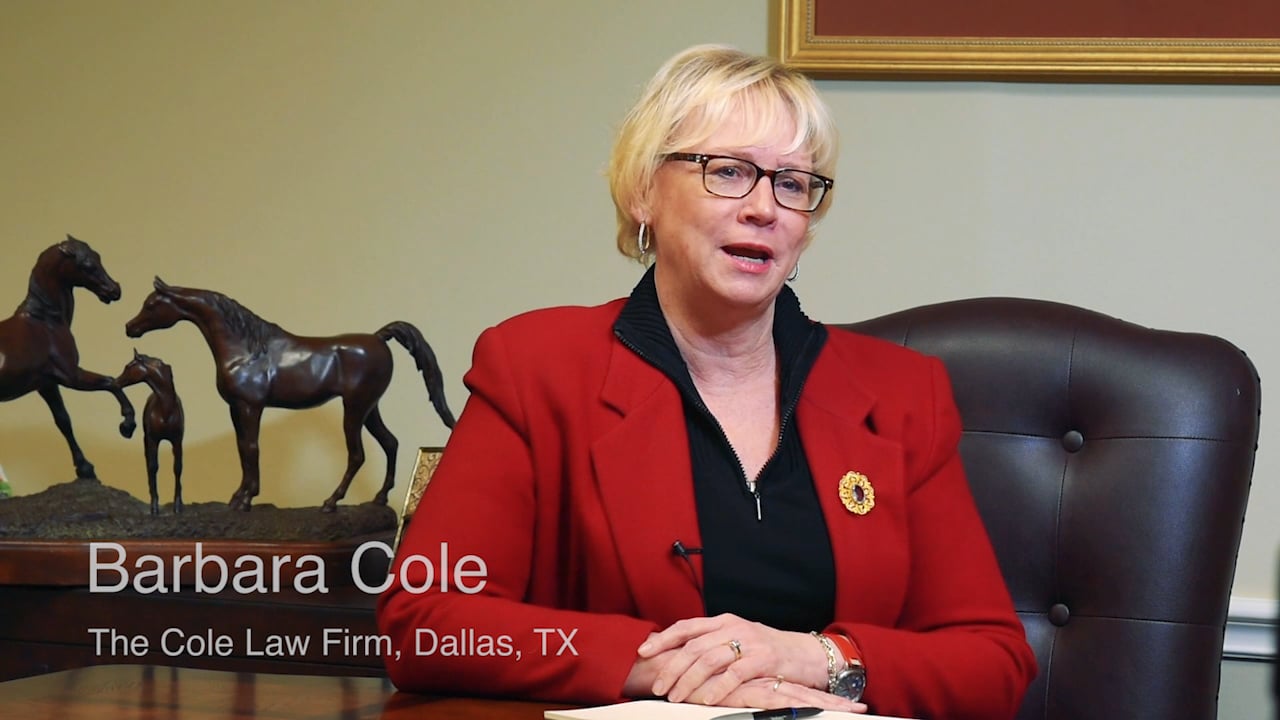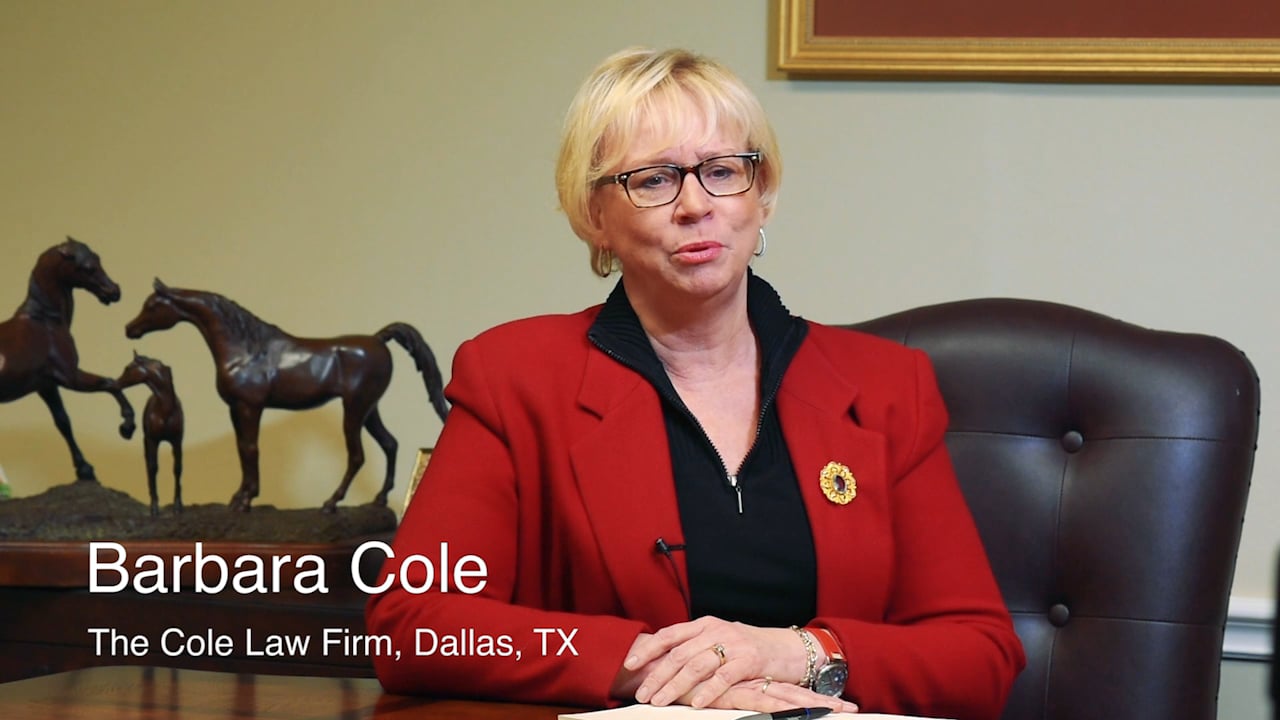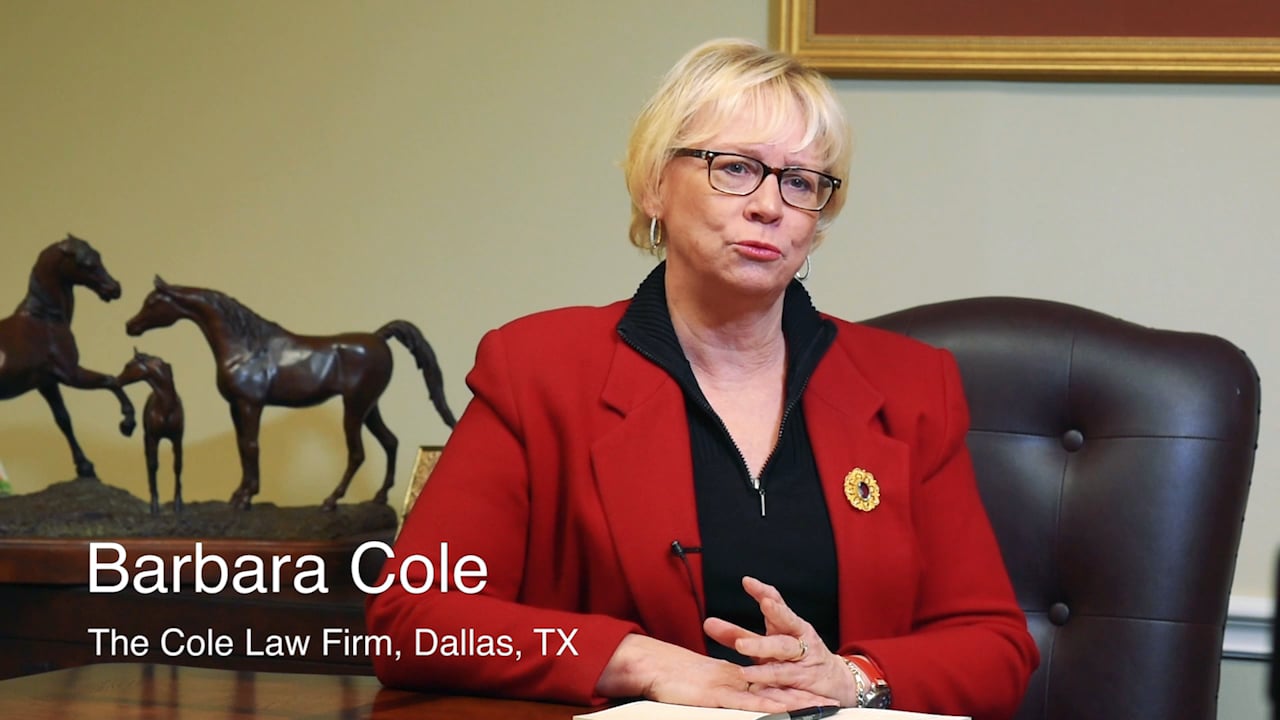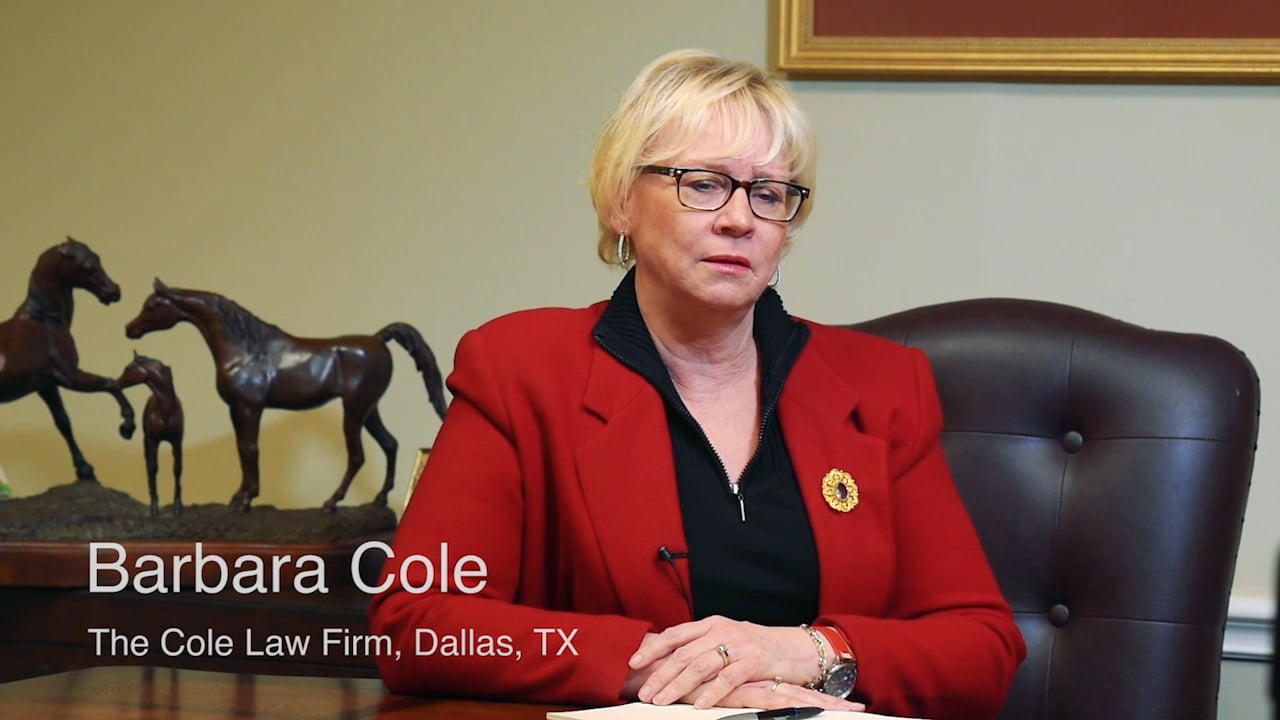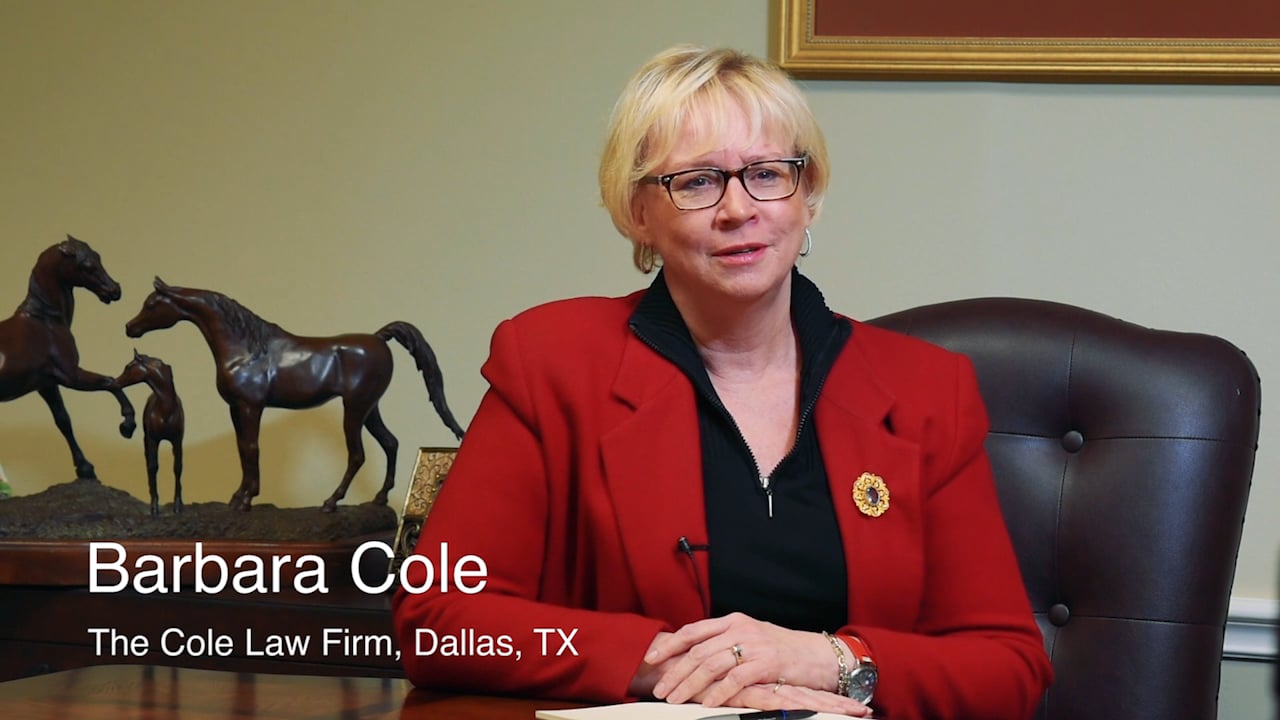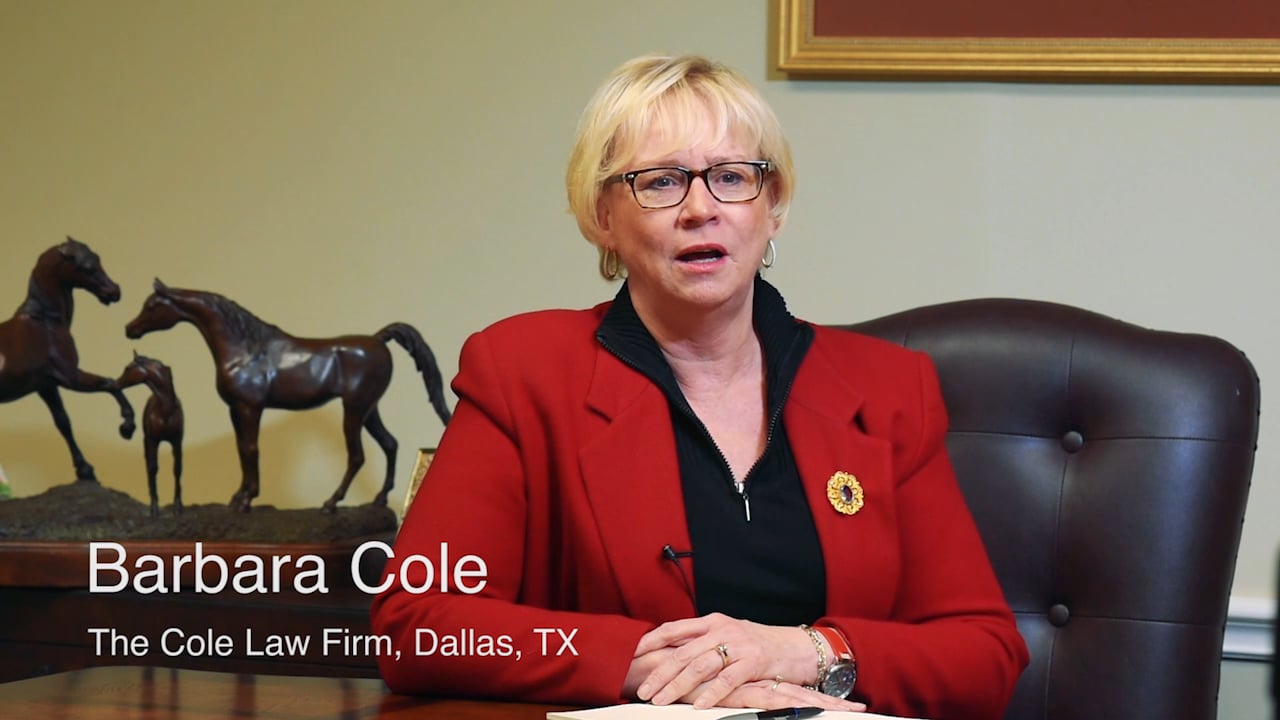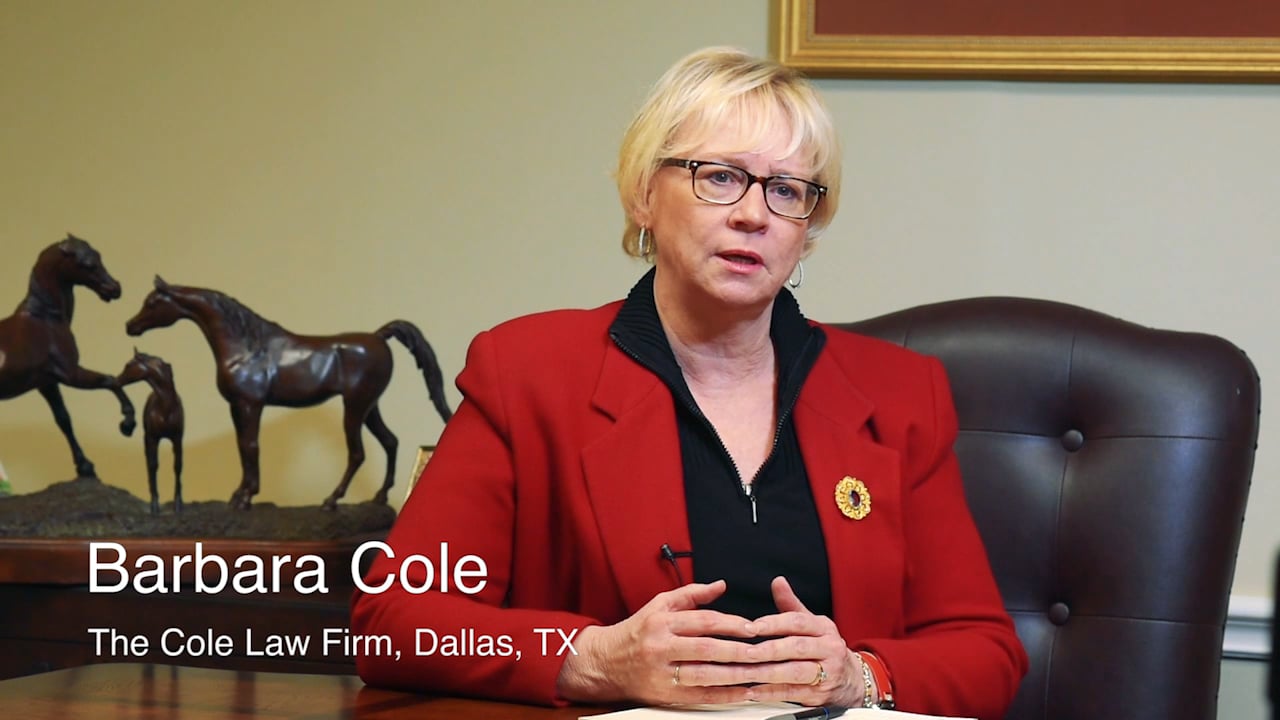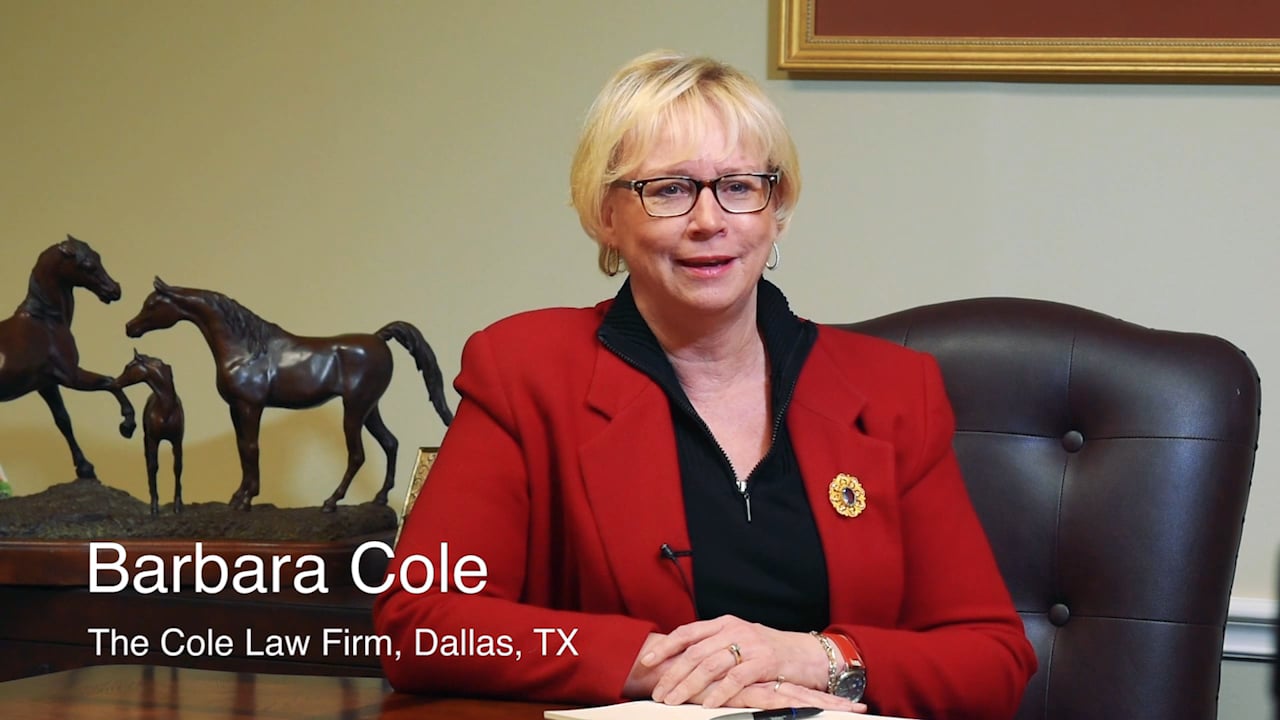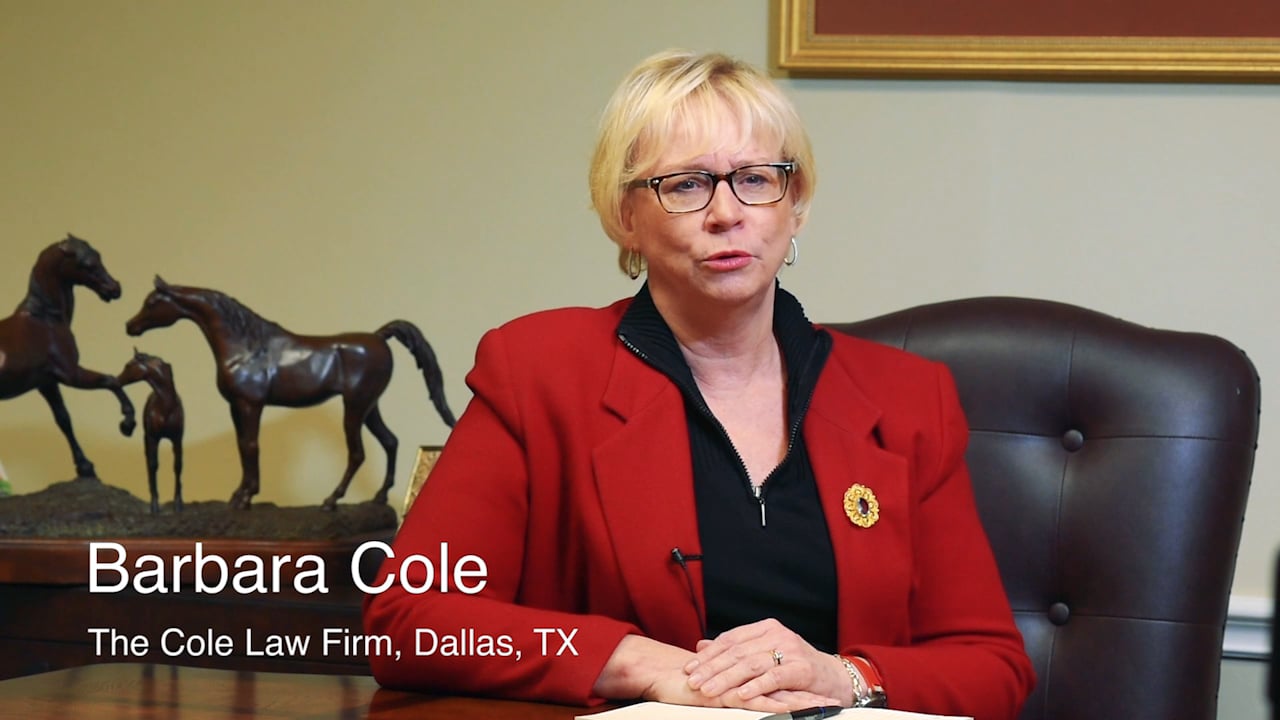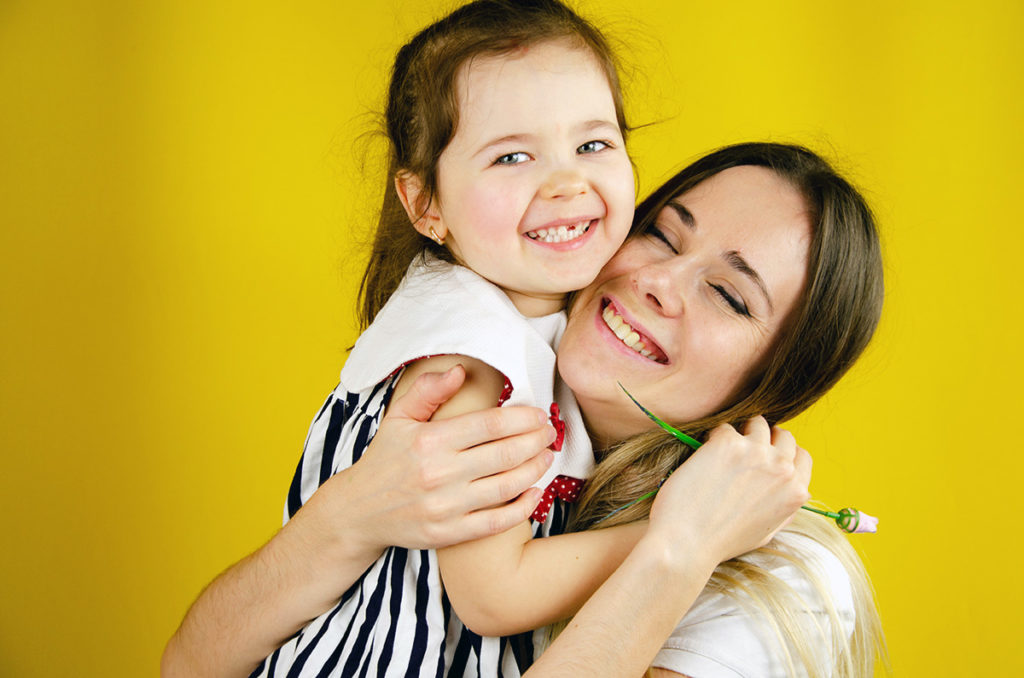
It is important for parents to realize they are not the only ones going through the divorce. Their children are going through it as well.
While children can be quite resilient and can adjust, they need to be included in divorce planning.
Children can know from the behaviors in the household that a divorce may be coming, but it can still be a challenge for the children. Children’s questions include:
- What is going to happen to them? Not necessarily what’s going to happen to mom and dad, but “What’s going to happen to me?
- Where am I going to live?
- Who’s going to pick me up from school?
- Is there enough money for me to do what I do?
- Am I still going to see my grandparents?
- Will I see my siblings or their half-siblings?”
The parents think, “Of course, that’s going to be taken care of,” but the child doesn’t necessarily know that.
Here are some tips for helping children through their parents’ divorce.
- Get Educated
Parents often think they are the experts about their children. There is a big difference between being a parent and being educated on what might be best for your children as you contemplate divorce.
My recommendation for parents is not to assume you know what to do, but to get educated. Education could come by reading books, having a joint session with a parenting facilitator, or seeking out a child expert. Go visit with that school counselor and say, “What do I need to do to help prepare my child,” before you spring it on the child that mom and dad are getting divorced. - Make a Plan for the Children
If a couple knows they are going to divorce that’s one thing. However, if only one party knows they are going to divorce, when you discuss with the other spouse, make a plan to work together for the children. - Tell the Children Together
It should never be just one parent telling the children. One of the reasons I recommend an expert, or a parenting facilitator is they can coach the parents on how to tell the children. This isn’t about winning favoritism with the children. They need to know there is a combined front for co-parenting. The best way to do that is to begin the divorce process with the children by telling them together. - Understand Where the Children Are Developmentally?
A five-year-old is at a very different developmental stage than a 10-year-old or a 16-year-old. You want to be educated on what a divorce means and how it affects a child at their developmental stage.
Children are going through an individuation stage from their parents in addition to the divorce. If this stage is not handled carefully, they will keep repeating it until they get through that stage appropriately. If the child never learns to separate from their parents appropriately, then parents may have a problem with launching into adulthood.
Wise Divorcing parents desire their children to have healthy mutual relationships with their family, peers and with their future partners as they move into their 20s and 30s. Those types of changes must be handled realistically so that children can grow and be launched and have their own healthy families and relationships.
